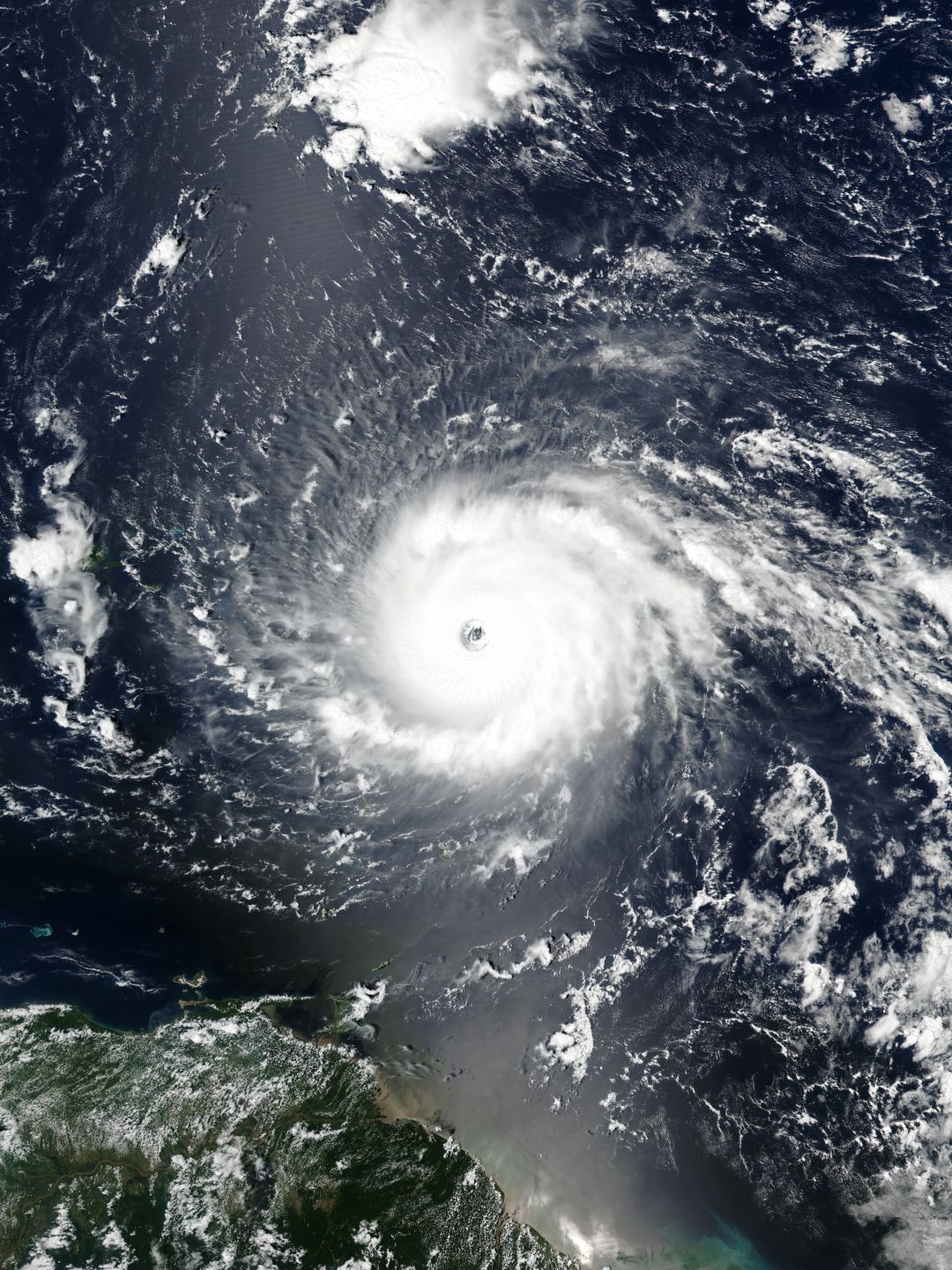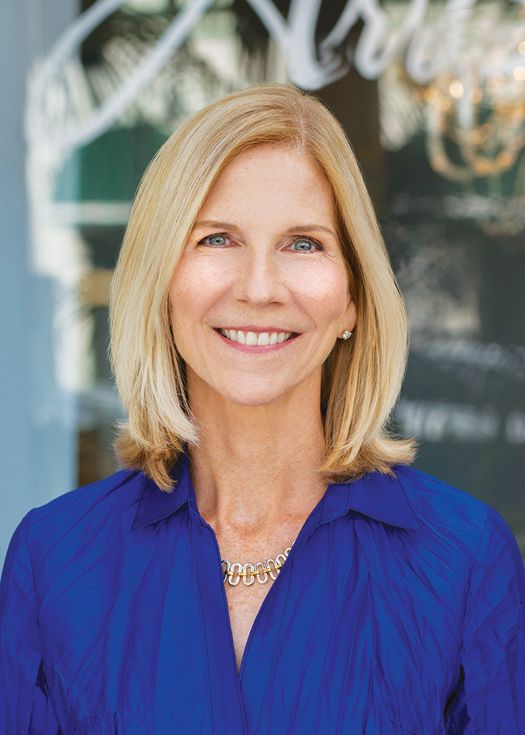Why Hurricanes Don't Scare Us Away

Psychologists say we take the role in the family that’s vacant, and the available space for me was “worrier.” Some people in my family attribute it to my being a writer. I can look at almost any situation—a knife put into the dishwasher sharp side up, sleeping with a cell phone on the pillow, wondering if the dog gate was latched—and write feature film-length disaster stories. When my kids were little, they’d whisper, “Don’t tell Mom,” not because they’d done something bad, but because I would have everyone preparing for the worst.

Susan Burns
Image: Lori Sax
So I find it curious that the prospect of a hurricane doesn’t jolt me into overdrive. I don’t stockpile water or canned goods. I don’t have a suitcase packed and ready. I’ve never put important papers in a lockbox just in case. And despite the increasing occurrence of bad storms and last year’s hurricanes that killed thousands and left landscapes uninhabitable—and let’s not get started on climate change and sea level rise—I’ve never thought of leaving Florida.
And in this instance, I’m not alone. Most of us don’t agonize about Mother Nature.
I thought about this when Sarasota was mentioned in two national news stories recently. The first one reported that the city of Sarasota is No. 2 in the country at risk for climate change, trailing only Miami, as ranked by Four Twenty Seven, an advisory firm that specializes in risk from climate change. The second story, in Where to Retire magazine, named Sarasota one of the top eight cities in the country as a place to retire. How can we be so risky and yet be so desirable?
“Very few take climate change seriously,” says University of Oregon professor Paul Slovic, who studies human judgment and the psychology of risk and is the founder of Decision Research in Eugene, Oregon. Why? Blame it on human nature.
Slovic says Nobel prize winner Daniel Kahneman, the author of Thinking, Fast and Slow, theorizes we have two ways of processing information: fast and slow. Our fast mode is based on intuition, images and associations—gut feelings—the fight or flight stuff that helped us survive wild boars. When we’re in slow mode, we’re careful and we make decisions based on reason.
“But the human mind is lazy,” says Slovic. “We default to the fast. It gets us through the day.”
Climate change, he says, seems distant and abstract: “We’re myopic. What’s most important is what’s happening today. The future is discounted.”
Slovic lives in the Pacific Northwest, where scientists are warning of a major earthquake in the next 50 years, and yet the region is exploding with newcomers. “But the last huge earthquake was in 1700, and we haven’t had one since,” he says. “You don’t think it’s imminent. It’s the way we’re built. It helps us to adapt to what’s in the moment. [Fast mode] is not good for long-term planning.”
Also, when we’re talking about earthquakes and hurricanes, we’re dealing with Mother Nature. “We’re far more likely to have a visceral reaction to the thought of a terrorist attack than a hurricane,” Slovic says. “A terrorist attack is human malice. Someone wants to harm us intentionally. Nature isn’t out to get us. It’s benign.”
And we’re just not good at understanding probability. “People think the most severe storm likely to occur is the biggest one they remember in the past, which may not have been an extreme storm,” he says. “Human psychology doesn’t give much weight to low probability with serious consequences.”
How do we pull our heads out of the sand before we drown? Slovic suggests aggressive education, especially creating visual simulations that will show us what a disaster will do to our area. They’re not hard to create, he says, but how many of us would really watch them? And politicians on two-year election cycles don’t like scaring people—especially the newcomers and tourists who keep our economy humming. It’s our erroneous probability calculation again. They gamble that it’s worth the risk to ignore the threats, since most likely a big storm won’t happen, or, if it just happened, it won’t happen again so soon.
“But what about scientists who study the psychology of risk and still live in an earthquake zone?” I ask him. “Yes,” he says. “All of west Oregon will slough off into the ocean. But it hasn’t happened for 300 years. This is a beautiful place to live. I could go somewhere else, but that place may have even more risks.”
I feel the same way about Sarasota.



